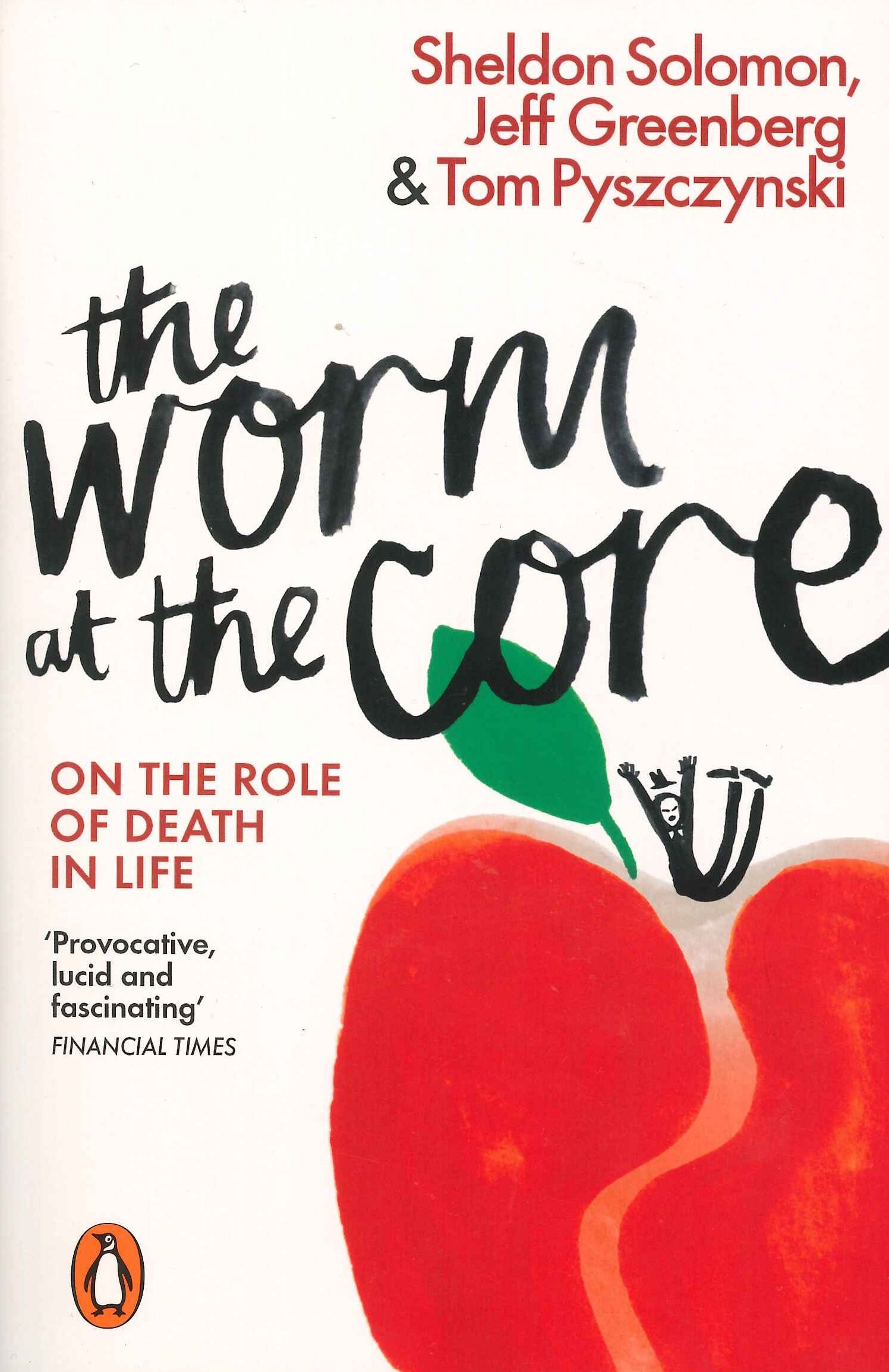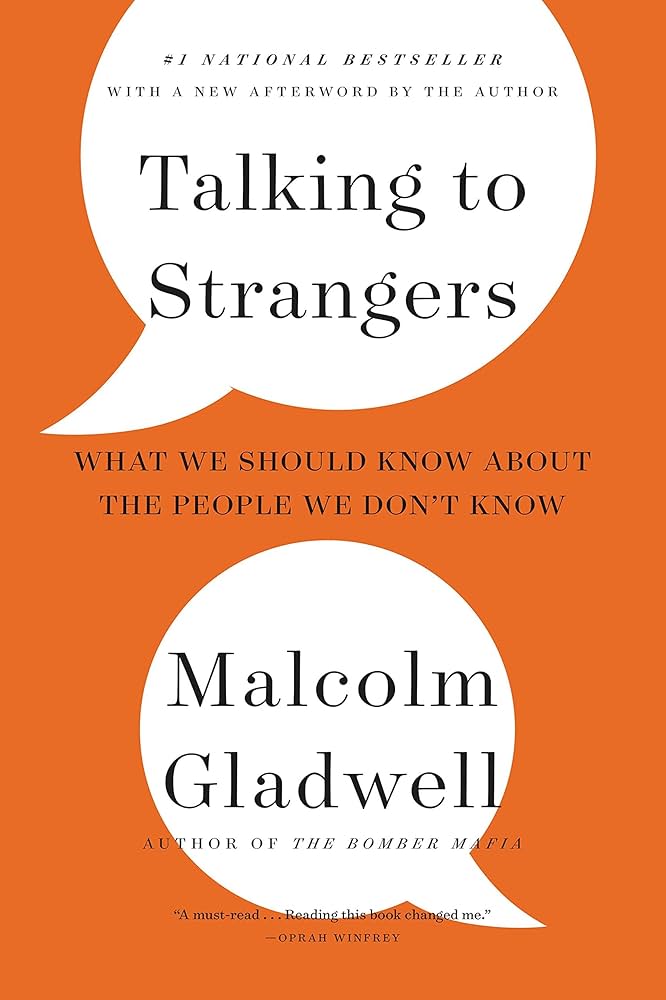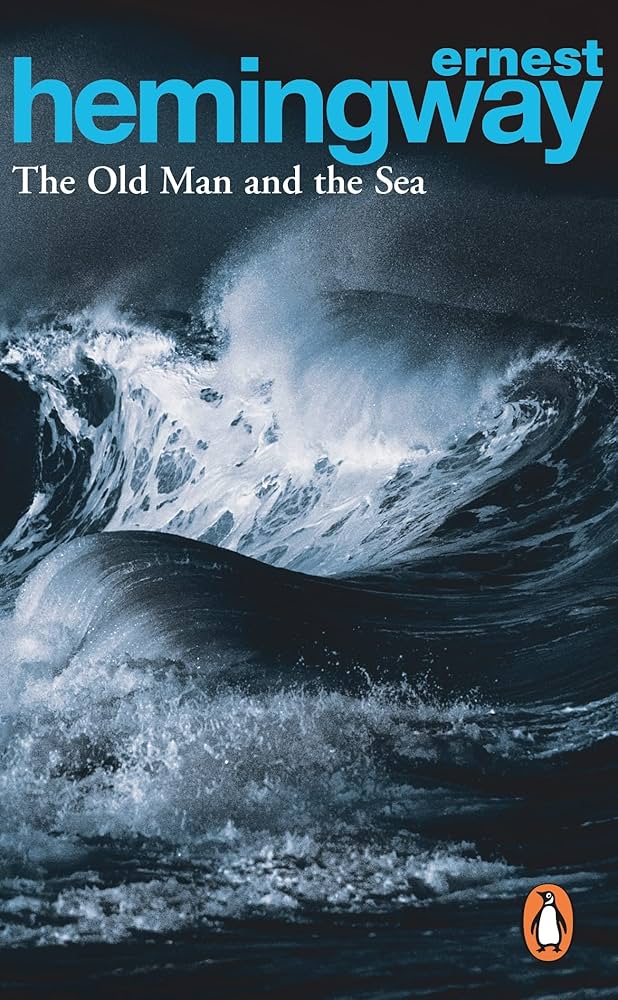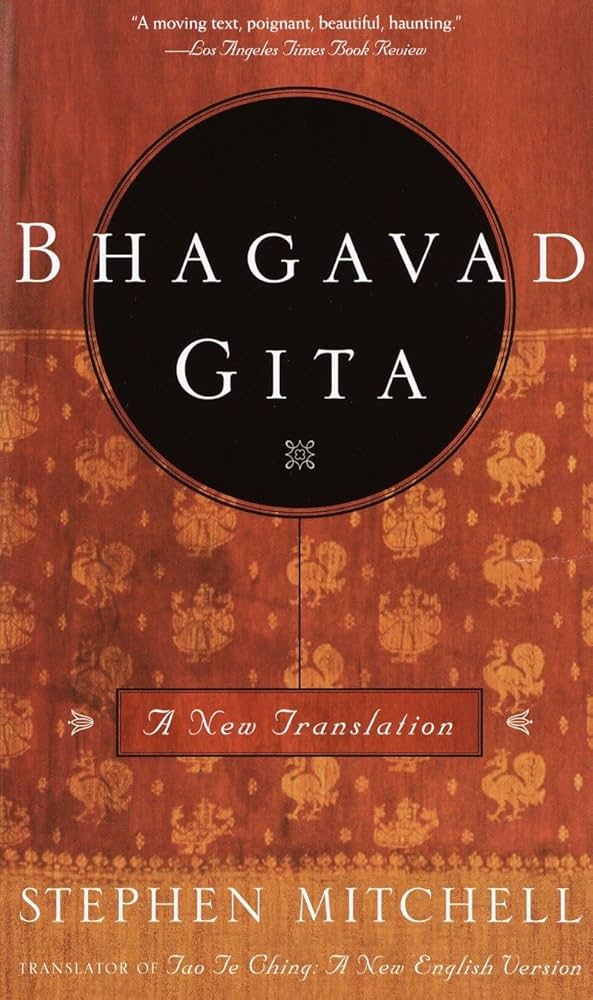Digging in
An annotated reading of the books I finished in April 2025.

April 2025, as busy as it may have been for me, was a surprisingly productive month of reading, ranging from terror management theory to sacred texts. I hope you enjoy this month’s list!
Books Read in April 2025
- The Worm at the Core
- Blink
- Talking to Strangers
- The Old Man and the Sea
- The Bhagavad Gita
Death avoidance
The title says it all. The Worm at the Core peers behind the layers of terror management all humans (perhaps unconsciously) become familiar with in early childhood and beyond. In this book, Sheldon Solomon, Jeff Greenberg, and Tom Pyszczynski provide many evidence-based examples of how we humans, in the past and in the 21st century, have developed many (peculiar) behaviors that are triggered by reminders of our mortality. Connecting the “terror management” framework the authors describe in this work with the increasingly relevant discussions in the artificial intelligence community concerning consciousness and agency seems like an important next step for humanity to take, and I believe this book’s authors have done a superb job distilling terror management theory’s main findings into a format most people can easily digest and relate to. If you are interested in peering behind your own layers of consciousness and mortality, give this book a try.

Gut instinct
How often do you rely on gut feelings to make important decisions in your life? After reading Malcolm Gladwell’s Blink, you might think twice. This book argues for the importance of examining how potent pattern recognition can be for enacting both positive and negative events in society. Despite mixed reception by well-known human behavior researchers such as Daniel Kahneman, Blink offers readers an inquisitive look into the (surprising) world of human intuitions.

How much should we trust others?
Talking to Strangers starts off with a gripping story of why we as a society need to rethink how and why we communicate with each other. But this task isn’t as easy as it may sound: we humans have a history of “defaulting to trust”, which sometimes leads us to completely misread critical situations and the intentions of various historical figures. So should we simply “default to distrust”? Most likely not: just think about how difficult it would be to organize society around this principle. Instead, through this book, Gladwell argues that we should acknowledge the limitations of “truth-defaulting behavior” yet remain optimistic of its cooperation-promoting spirit.

A seaward novella
Hemingway’s The Old Man and the Sea tells the tale of Santiago and his (long) journey to catch a giant marlin. What starts as an ordinary day of fishing gradually takes a turn for the unexpected when Santiago is faced with reeling in the fish haul of his life. Littered with vivid imagery of the experience of wrestling with nature, The Old Man and the Sea is a delightful novella that all should consider.

Ancient and widespread
Lastly for this month, Stephen Mitchell’s version of the Bhagavad Gita showed up on one of my audiobook recommendation lists, so I gave this one a listen. As an ancient text, its interesting to see how many ideas that show up in later philosophies or worldviews are rooted in this work. For those who are interested in expanding their context of world history and idealogy, consider this one for your reading list.

Alex